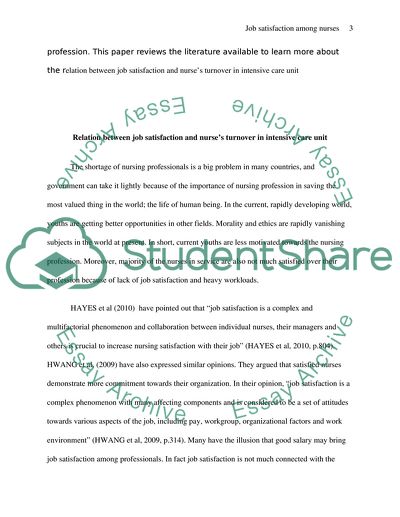Cite this document
(“Job Satisfaction and Nurses Turnover in Intensive Care Unit Literature review”, n.d.)
Job Satisfaction and Nurses Turnover in Intensive Care Unit Literature review. Retrieved from https://studentshare.org/human-resources/1746865-relation-between-job-satisfaction-and-nurses-turnover-in-intensive-care-unit
Job Satisfaction and Nurses Turnover in Intensive Care Unit Literature review. Retrieved from https://studentshare.org/human-resources/1746865-relation-between-job-satisfaction-and-nurses-turnover-in-intensive-care-unit
(Job Satisfaction and Nurses Turnover in Intensive Care Unit Literature Review)
Job Satisfaction and Nurses Turnover in Intensive Care Unit Literature Review. https://studentshare.org/human-resources/1746865-relation-between-job-satisfaction-and-nurses-turnover-in-intensive-care-unit.
Job Satisfaction and Nurses Turnover in Intensive Care Unit Literature Review. https://studentshare.org/human-resources/1746865-relation-between-job-satisfaction-and-nurses-turnover-in-intensive-care-unit.
“Job Satisfaction and Nurses Turnover in Intensive Care Unit Literature Review”, n.d. https://studentshare.org/human-resources/1746865-relation-between-job-satisfaction-and-nurses-turnover-in-intensive-care-unit.


